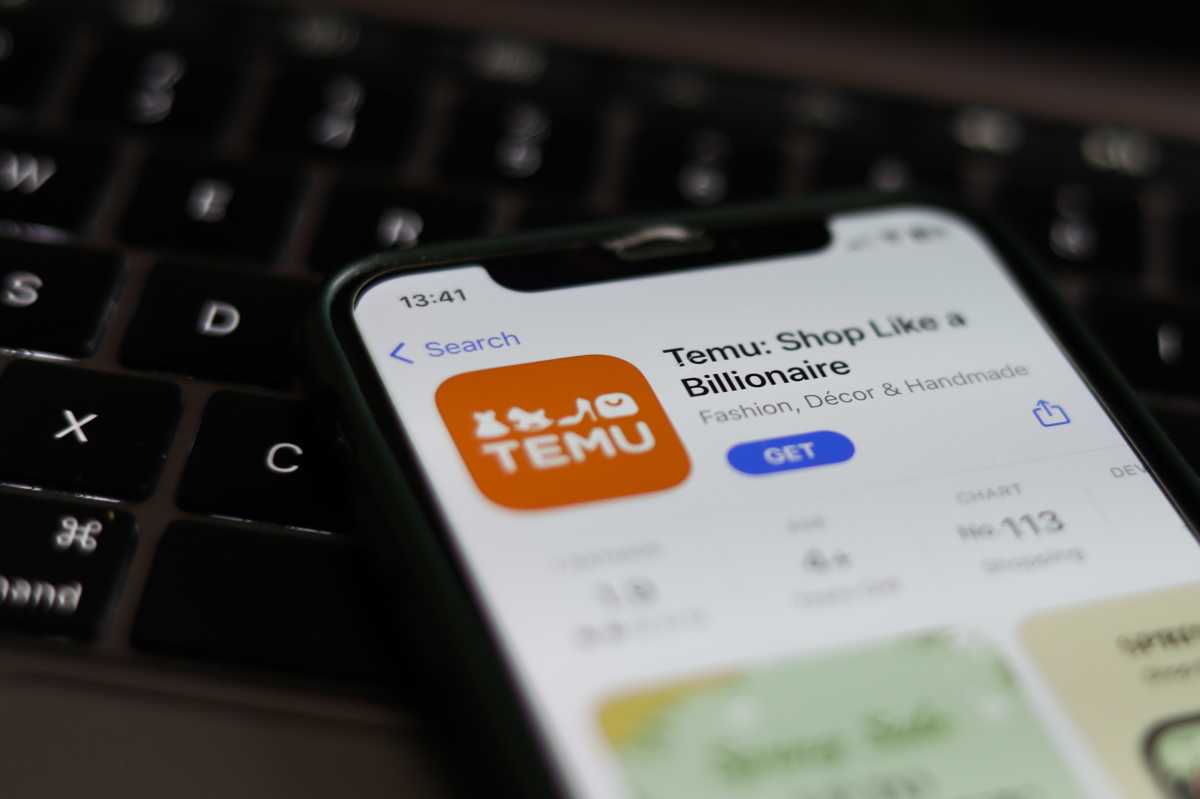Business
Temu E-Commerce Platform Comes Under Scrutiny Following Super Bowl Commercials

The e-commerce platform Temu, which gained visibility through a series of commercials during the 2024 Super Bowl, has now come under scrutiny for its business practices. Temu, a Chinese-owned company specializing in low-cost goods predominantly shipped from China, operates as a sister company to the major firm Pinduoduo.
One of the major outlets for Temu products is its app, which has attracted over 50 million consumers and has been a top-downloaded application on Apple devices, according to the President and CEO of the Chicago and Northern Illinois University. However, this popularity has not shielded Temu from criticisms and complaints.
Despite this success, Temu has received a C+ rating from the Better Business Bureau, coupled with a significant number of complaints, totaling 964 in number. Consumers have reported various issues with their purchases, such as receiving incorrect sizes, damaged goods, and difficulties in seeking exchanges or refunds.
Complaints lodged with the BBB have highlighted challenges in dealing with customer service, including language barriers and lack of phone support, exacerbating frustrations for consumers attempting to resolve their issues with Temu directly. In some instances, customers reported discrepancies between their orders and received items, failing to match their expectations.
The low prices offered by Temu have also raised concerns about product quality, with some shoppers warning that the cheap deals might come at a hidden cost. Officials have advised caution regarding transactions on the platform, citing potential risks such as privacy concerns, identity theft, and subpar product standards.
A June report highlighted the complexities of the e-commerce market, with the spotlight on Temu and its competitor, Shein. These Chinese companies have drawn legal scrutiny, with Temu recently filing a lawsuit against Shein, alleging antitrust violations in preventing garment makers from collaborating with Temu.
Moreover, the use of a trade exception known as de minimis has attracted the attention of lawmakers, given its role in benefiting companies like Temu and Shein. The provision allows imported packages valued under $800 to bypass taxes and customs regulations, a practice that has faced criticism for potentially undercutting domestic producers and posing challenges to regulatory oversight.












